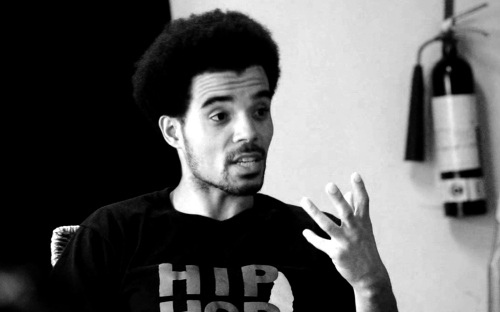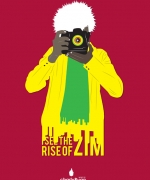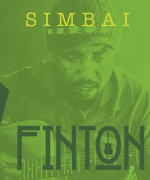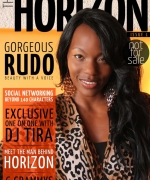Evolution of the rhythmic speech of Rap
The evolution of the rhythmic speech really of hip hop, of rapping again we have to understand that when Africans went to America and to the Caribbean and to Brazil South America, it was like in Jamaica for example, I will give you the Jamaican example. You have 20 different African linguistic groups in Jamaica. All of whom have different words but different rhythmic tonality. So, what you think of as the Jamaican Patwa accent is not just Jamaicans failing to speak English properly, its Africanised English. It has the bit of flex the rhythmic tonalities and syntax and even the structure of tenses in Jamaican Patwa are the structures of tenses in the West African linguistic groups. We still don’t even have some of the words like the word pygmy, it’s not an English word, we say pygmy means chop, well it’s like that in Sierra Leone and there’s various other words and tonalities in Jamaica.
I suppose the Jamaican accent really lends itself so easiy to to rap because West African speech if you know it, European speech is structured in Arabic, twos, one, two didum didum didum didum. West African speech is on threes, I can’t do it as well as my friend did it in the documentary, he just did recently but it’s very rhythmical speech and that continues from jazz.
So in early jazz music you know, we have Skank you can go on YouTube and watch Ella Fitzgerald you know doing these sounds and no one explains why. But when you understand that Ella is a person whose original language is lost, who is trying to find a new language which will end up doing all these sounds and then you listen to a West African talking really fast it becomes obvious.
And when you understand rap in that revolution there is even more known reason why people living on this continent should be imitating people over there because what they have evolved out of many of the influences absolutely were evolved out off what they took from here. And when you understand the history its really obvious but hip hop is never presented in that way because the people who own hip hop are not even the people who created it. I mean even the word hip hop, hippy comes from a well off West African word which means to open one’s eyes and see! So right there in the name, tells you something about the origin, African Bambata, tells you about it, KRS 1 tells you about it but they are not the faces of hip hop anymore. If they were then you would be hearing it much more like how we are telling it to you, than MTV trying to sell you a Coca Cola.
Watch the video Evolution of the rhythmic Rap




